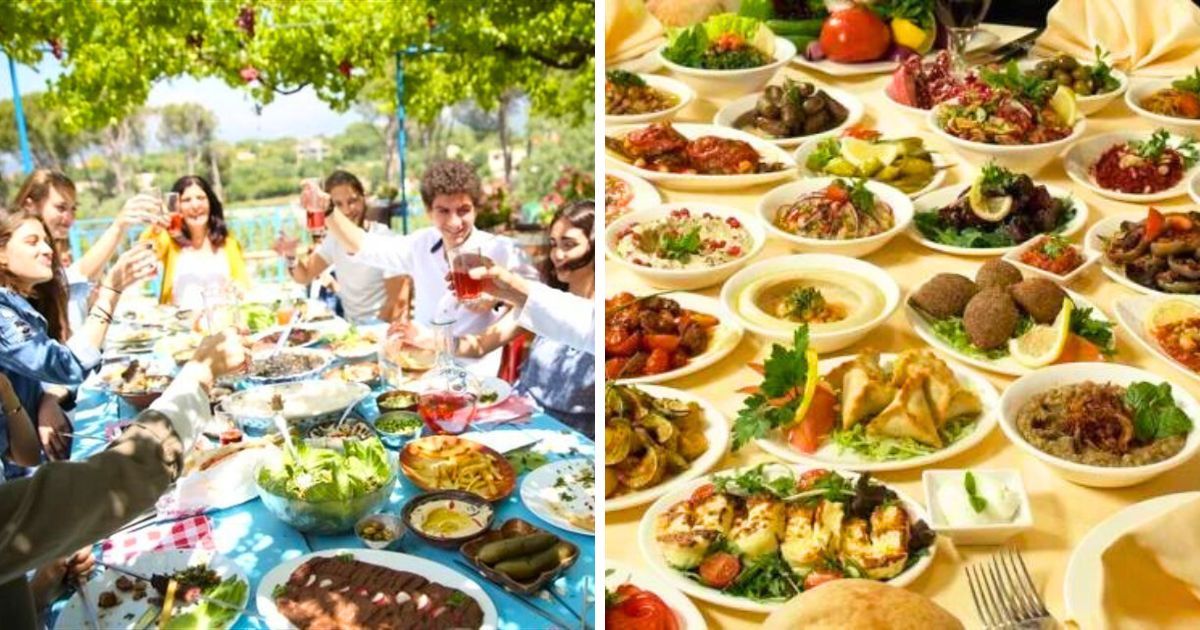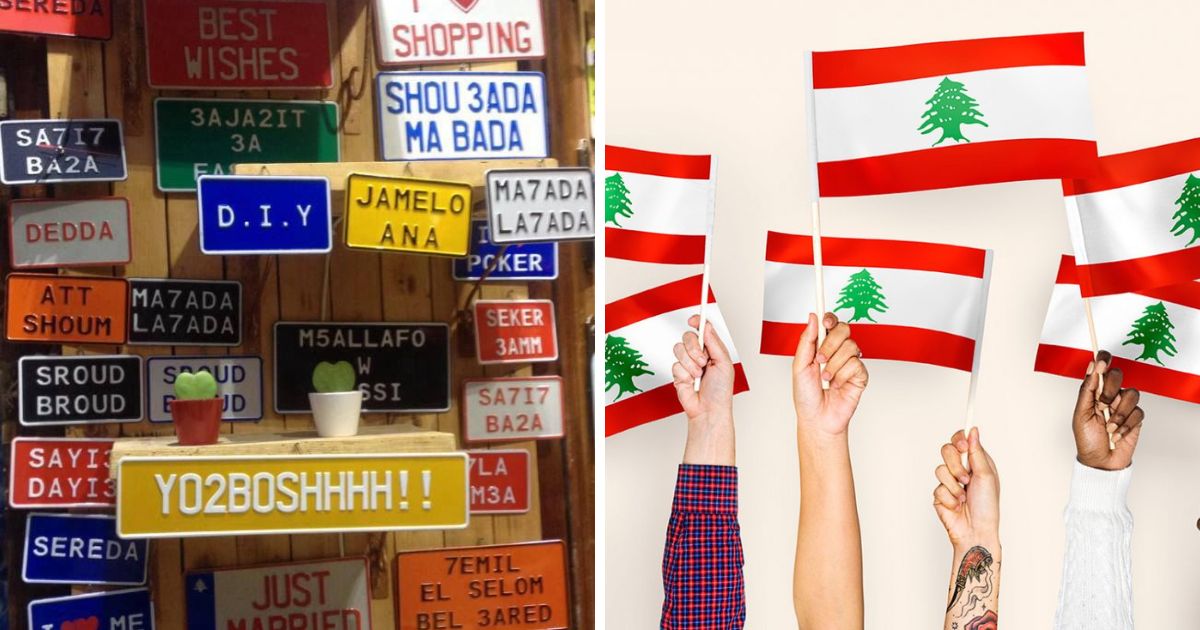Akeed, we’re not the only people with particular jargon; bass ya khayyi, some too many of our spoken words are so in our daily expressions that even our foreign friends, with whom we mingle abroad, have come to learn them and say them.
If you are a Lebanese living abroad, or even a regular non-Lebanese visitor of our country, or a good friend of a Lebanese fellow or two or more, you know exactly what I am speaking about here, ma heik?
These words, with meanings or none whatsoever, are so Lebanese-clichés that we have to pop them out whenever we speak, and not only when speaking in our language. They do pop up as well the moment we get passionate or emotional or excited while speaking to our foreign friends in their language.
Bta3ref shou? I know you are going to say we have more than five of those, but these are the most revelatory that you are undoubtedly Lebanese. Here they go!
#1 Yalla
Yalla or Yallah reigns king in the list! Initially meant as Ya Allah (O God), it expresses a call for divine support in desperate situations or for an action we’re about to take, but also to express our frustration at something.
While we do indeed say Ya Allah for such, our people have used it so-much-so-long that it has brought about the word Yalla as an exclamation of encouragement, and sometimes of pressuring, to go or to proceed or to move.
So, Yalla let’s go is an expression even our non-Lebanese friends have learned to say! Ready for more of these Lebanese-revelatory words? Yalla, here we go!
#2 Ya3neh
Probably the queen siding the king on our list of Lebanese-cliché words, Ya3neh means literally “it means.” However, the way we use it in different contexts and at every turn could shift it to different meanings or none whatsoever. Let’s take a quick look for the fun of it.
Yan3eh, shou eltelak? is commonly said for “I told you so” and often with a defying tone. Ya3neh enta a3m temzah aw shou? is frequently used, also with a defying tone, for “You’re kidding me!” but literally says “It means, you are kidding me or what?”
Ya3neh, shou a3melteh? is frequently used for “What have you done” whether in telling someone off or in demanding an explanation.
Maybe the most one we use is Ya3neh Eish? or Ya3neh Shou? depending on the Lebanese region. It isn’t really a twisted expression. It translates literally into “It means, what?” and is used to demand further explanation.
You got the picture. That “it means” of ours goes easily with almost everything we want to express. We even simply sneak it in between our sentences for no particular reason or…meaning.
#3 Kif heydah?
This is your typical American exclamation of “What…!” but with a lower pitch, and expresses a refusal to accept a certain occurrence or statement. It translates into “How is this [possible]?”
It also comes as Kif ya3neh heydah, where ya3neh – this can’t-go-without word of ours – pops us again to express a certain confusion at an incident or a saying that we don’t want to accept.
#4 Wallaw!
Ah, the word of no sense and no definition! We so use it for having bestowed upon it a meaning ourselves. Let me see how I can explain it to our non-Lebanese readers here since it has no translation.
Origin unknown, even to us, Wallaw is frequently used to express a reaction of shock and disproval, with a tone of rebuke.
We do get to wonder, though, if it derived somehow somewhat from the expression Wallah, as in “I swear to God.” And hey, now that it’s mentioned, this is also a very frequent word of ours! We use Wallah all-too-often to try to empower what we are communicating verbally. (Not restricted to the Lebanese people).
#5 Tayyeb
While Tayyeb means literally “delicious” and we say it to praise the taste of food, we have brought the term to a wider (maybe even lower) level in our verbal communication and carried on with it.
It is the word we use to express our agreement to something or our yielding to an argument. It is simply our “okay” and our “it’s fine.”
Another perplexing expression of tayyeb that pops up in our frequent use of that word is Tayyeb, shou? as in “Okay, [then] what?”
To make it up to our beloved food for us stealing its due qualification, we went on adding to it kteer to say “very delicious” when praising a meal. With the meaning of “ok” and “it’s fine” that it has been carrying for so long, Tayyeb said simply to a meal is rating it as “just fine.”
Visitors to Lebanon, note it down! You certainly don’t want to simply say Tayyeb to a Lebanese meal when invited over. You may hurt some feelings there. Go, go for Tayyeb Kteer, or Kteer Tayyeb!
#5 Shou?
Simply spoken always in its rightful meaning, Shou is the Lebanese “What?”
From Shou heyda (What’s this?) to Shou sayyer (So what?) and shou el essah (What’s happening?) and on, and on, that word of ours spots us among the crowd wherever we are.
And that is simply because it is not a word you find in the Arabic language. This one translates “what” into me’za. Shou is typically and restrictively ours …and we do carry it around.
That said, there are many words we use too frequently, like Habibi, Inchallah, Ismallah, Akeed, ya khayye, Sahha, and so on; however, they don’t fit in this particular list because they are regional words and expressions and won’t necessarily spot you as Lebanese. The most they would do is get you a “Where are you from?”



























